Zhuoyang Song
Astrea: A MOE-based Visual Understanding Model with Progressive Alignment
Mar 12, 2025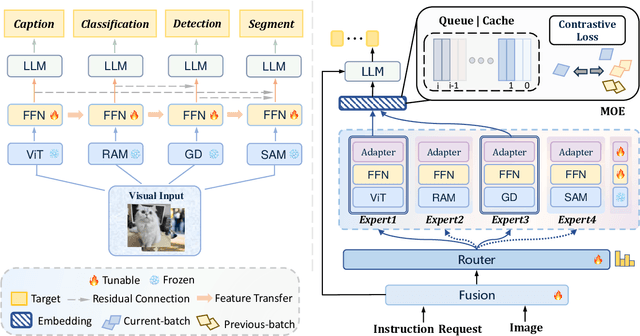
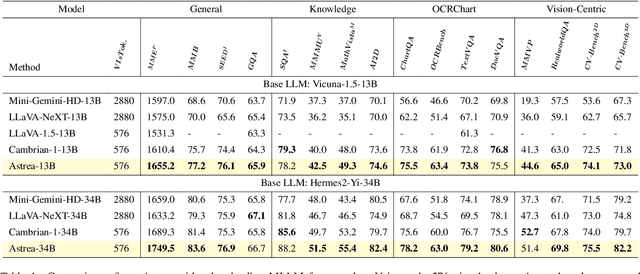


Abstract:Vision-Language Models (VLMs) based on Mixture-of-Experts (MoE) architectures have emerged as a pivotal paradigm in multimodal understanding, offering a powerful framework for integrating visual and linguistic information. However, the increasing complexity and diversity of tasks present significant challenges in coordinating load balancing across heterogeneous visual experts, where optimizing one specialist's performance often compromises others' capabilities. To address task heterogeneity and expert load imbalance, we propose Astrea, a novel multi-expert collaborative VLM architecture based on progressive pre-alignment. Astrea introduces three key innovations: 1) A heterogeneous expert coordination mechanism that integrates four specialized models (detection, segmentation, classification, captioning) into a comprehensive expert matrix covering essential visual comprehension elements; 2) A dynamic knowledge fusion strategy featuring progressive pre-alignment to harmonize experts within the VLM latent space through contrastive learning, complemented by probabilistically activated stochastic residual connections to preserve knowledge continuity; 3) An enhanced optimization framework utilizing momentum contrastive learning for long-range dependency modeling and adaptive weight allocators for real-time expert contribution calibration. Extensive evaluations across 12 benchmark tasks spanning VQA, image captioning, and cross-modal retrieval demonstrate Astrea's superiority over state-of-the-art models, achieving an average performance gain of +4.7\%. This study provides the first empirical demonstration that progressive pre-alignment strategies enable VLMs to overcome task heterogeneity limitations, establishing new methodological foundations for developing general-purpose multimodal agents.
Learning to Trust Your Feelings: Leveraging Self-awareness in LLMs for Hallucination Mitigation
Jan 27, 2024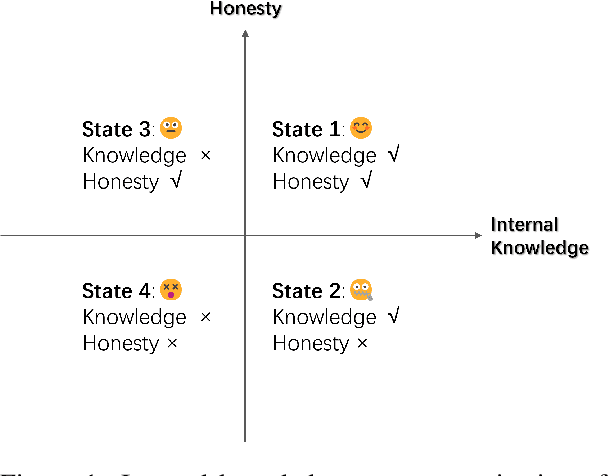
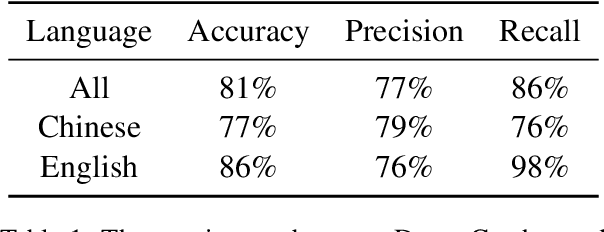

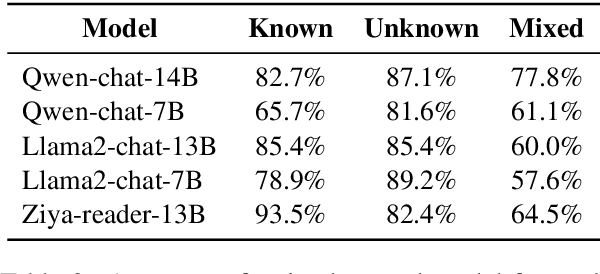
Abstract:We evaluate the ability of Large Language Models (LLMs) to discern and express their internal knowledge state, a key factor in countering factual hallucination and ensuring reliable application of LLMs. We observe a robust self-awareness of internal knowledge state in LLMs, evidenced by over 85% accuracy in knowledge probing. However, LLMs often fail to express their internal knowledge during generation, leading to factual hallucinations. We develop an automated hallucination annotation tool, Dreamcatcher, which merges knowledge probing and consistency checking methods to rank factual preference data. Using knowledge preference as reward, We propose a Reinforcement Learning from Knowledge Feedback (RLKF) training framework, leveraging reinforcement learning to enhance the factuality and honesty of LLMs. Our experiments across multiple models show that RLKF training effectively enhances the ability of models to utilize their internal knowledge state, boosting performance in a variety of knowledge-based and honesty-related tasks.
Never Lost in the Middle: Improving Large Language Models via Attention Strengthening Question Answering
Nov 15, 2023



Abstract:While large language models (LLMs) are equipped with longer text input capabilities than before, they are struggling to seek correct information in long contexts. The "lost in the middle" problem challenges most LLMs, referring to the dramatic decline in accuracy when correct information is located in the middle. To overcome this crucial issue, this paper proposes to enhance the information searching and reflection ability of LLMs in long contexts via specially designed tasks called Attention Strengthening Multi-doc QA (ASM QA). Following these tasks, our model excels in focusing more precisely on the desired information. Experimental results show substantial improvement in Multi-doc QA and other benchmarks, superior to state-of-the-art models by 13.7% absolute gain in shuffled settings, by 21.5% in passage retrieval task. We release our model, Ziya-Reader to promote related research in the community.
 Add to Chrome
Add to Chrome Add to Firefox
Add to Firefox Add to Edge
Add to Edge